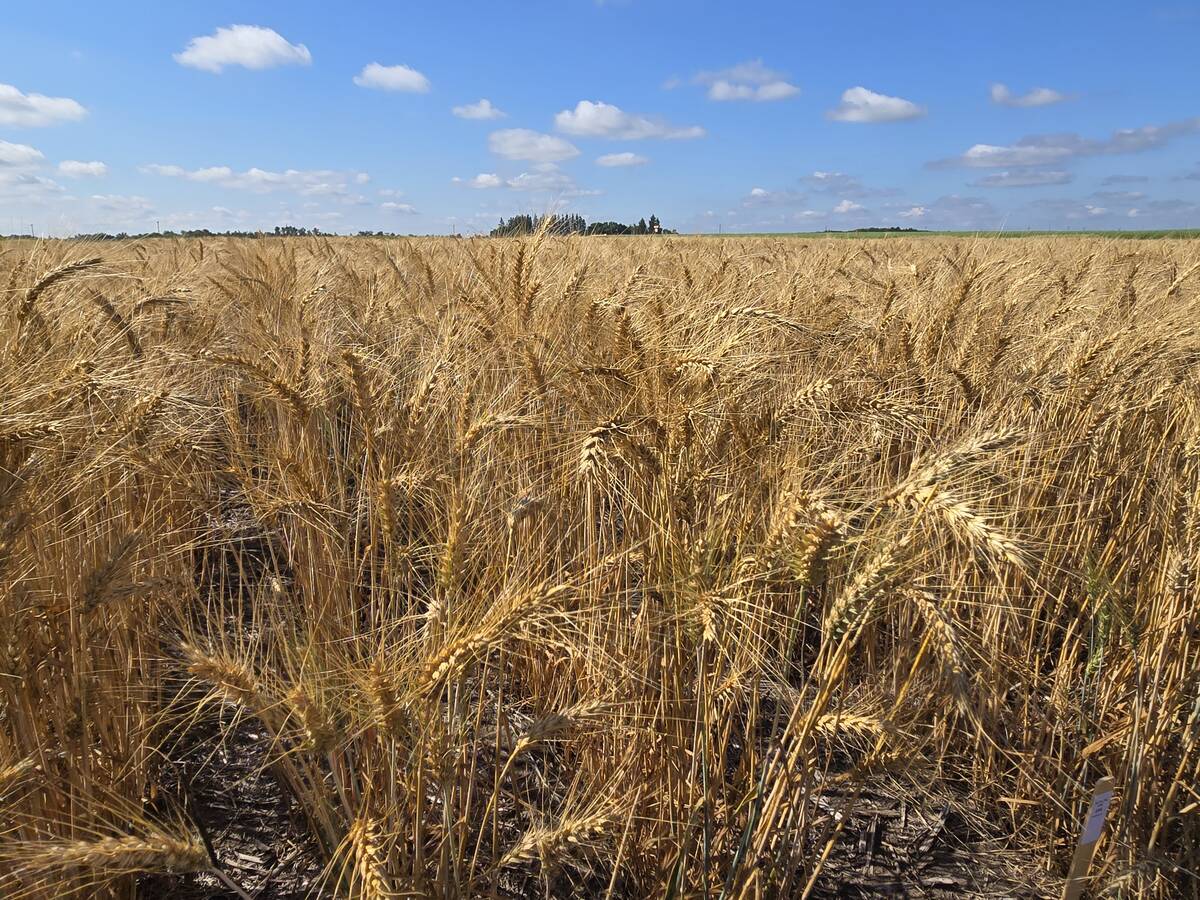Tractors rolling out of the Versatile plant in Winnipeg came to a halt Nov. 3, when 250 workers left the assembly line for the picket line.
The plant was recently purchased by Buhler Industries, which fought a protracted battle with the U.S. Department of Justice to buy the plant from CNH Global.
Chief executive officer John Buhler said the strike is having little impact on the plant because it had few sales on the books.
“I have no control over the price of wheat,” said Buhler, alluding to poor equipment sales in the stalled farm economy.
Read Also

Fall rye hits record high in Manitoba
Winter cereals 2025: More Manitoba fields grew fall rye in 2025 than ever before, but winter wheat slipped and, while spring stand survival was good, drought took its toll
“It seems (the union is) looking for job security: I told them there is no such thing,” said Buhler.
The workers’ union, said Buhler, is demanding major concessions about the security of jobs and outsourcing work.
“We’ve made probably the most modest proposal we’ve ever made in our negotiations with Versatile, recognizing there’s a new owner,” said Dale Paterson, area director for the Canadian Auto Workers.
The union is sympathetic to Buhler’s need to control costs, but Paterson said Buhler knew what he was getting into when he bought the plant at a low point in the farm economy.
In fact, that’s part of his acquisition strategy, said Paterson.
After about a month of what Paterson called “very unorthodox” negotiations with few detailed proposals, workers decided to strike, given that the two sides are far apart.
As of Nov. 10, they had no plans to return to the table.
Buhler said he hoped negotiations would resume in the next two weeks.
Workers are prepared to strike for “the long haul” given the importance of job security, said Paterson.
They are accustomed to turmoil, having seen their numbers shrink from 1,200 to 75 in the late 1980s, and bounce from 800 to 250 since.
At one time, the plant made 80 percent of its components, but in recent years, buys more than 90 percent from other sources, said Paterson.
Outsourcing has led to a decline in the quality of the tractors, he said, and problems with suppliers and delivery schedules have added costs.














